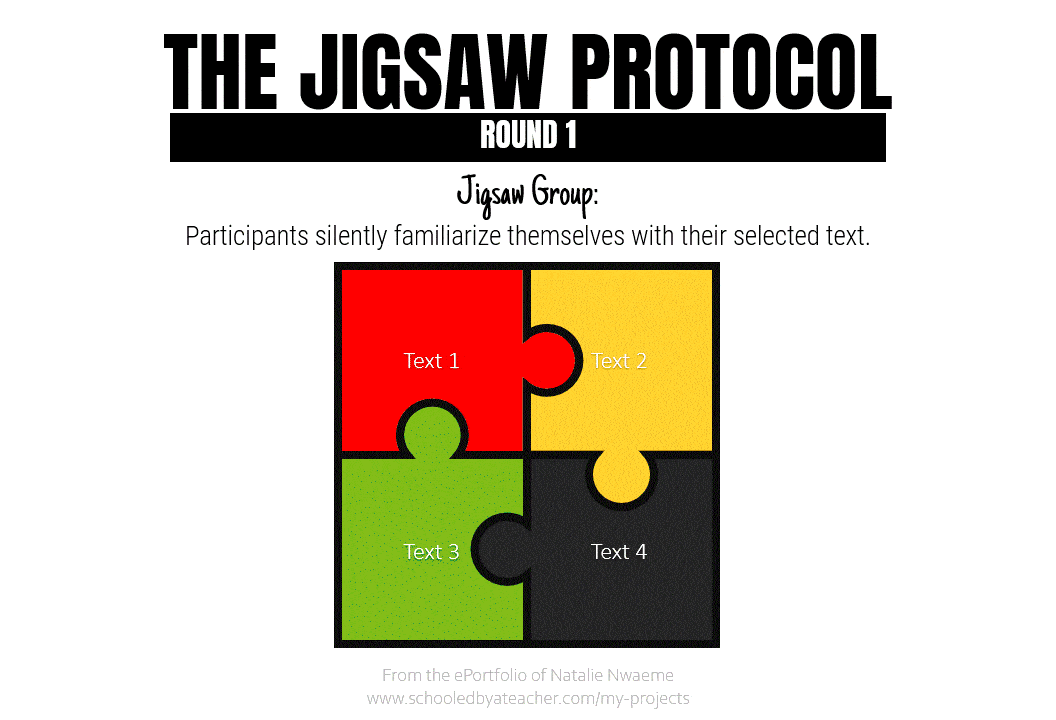Project 1: Identifying and Addressing Performance Gaps
Facilitating Academic Discourse
Recognizing the Gap
Based on observations conducted by Teach For America’s (TFA) Managers of Teacher Leadership Development (MTLD) and self-reporting by TFA corps members via surveys and during coaching sessions, it was brought to light that students in grades 3 – 12 in the core classes of mathematics, reading, science, and social studies were not engaging in enough high-level academic discourse/discussions. Academic discourse has several benefits including increased and improved communication among students, deeper understanding of academic content, and enhanced problem-solving skills among other advantages. Therefore, it was imperative that a learning experience be created that addressed the gap and exposed teachers to a selection of high-yield academic discourse methods that can be used to facilitate rich conversations in core classes.
Video rendering of the Facilitating Academic Discourse presentation.
Bridging the Divide
Following this determination, I was contacted by TFA’s Director of Educator Leadership and Engagement, and was asked to create a meaningful academic discourse professional learning session for TFA corps members that would address the lack of academic discourse in grades 3 – 12 core classes (I am an alumni of Teach For America Houston). During my brainstorming process, I reasoned that it would be more impactful for participants to engage in real academic discussions while learning about academic discourse and its importance. I researched various academic discourse methods including tried and true and new and trending ones and then selected four options that could be implemented in core subject areas.
The academic discourse methods I selected were:
Talk, Read, Talk, Write
The Jigsaw Protocol
Socratic Seminar
Talk Moves
I strategically selected the Jigsaw protocol because I wanted to ensure participants practiced one of the academic discourse methods and engaged in cooperative learning while learning about ways to increase purposeful student talk. A Jigsaw discussion is a cooperative learning strategy where students/participants are divided into small groups and each person becomes an expert on a different part of the material. Participants then return to their home groups and teach their colleagues about their assigned topic.
My goal was to demonstrate to participants that incorporating academic discourse into their teaching could help students better understand academic content, just as engaging in structured and rich conversations with colleagues would help them better understand the academic discourse methods covered during the professional learning session. So, in essence, the participants would be in a training within a training… in a learning experience about academic discourse while actively participating in academic discourse to learn about the topic.

Delivery and Accountability
I crafted the academic discourse learning experience as a 31-day challenge to add an element of competition for participants. The challenge was for attendees to implement academic discourse in their class during the 31 days immediately following the training session and track students’ progress based on campus metrics. I created a challenge calendar, which was given to all participants, with three possible courses of implementation to choose from:
- Master of One: implement one academic discourse method with fidelity within the 31-day period.
- Dynamic Duo: select two academic discourse methods and alternate them weekly or every two weeks.
- Pyramid Scheme: try all four methods one per week during the 31-day period.
I also encouraged participants to link up with an accountability partner to increase the odds of successfully implementing academic discourse within the given time frame while sharing challenges and successes.
Feedback from Participants
During the “Close Out” portion of the session, multiple participants commented that they appreciated/enjoyed engaging in academic discourse and collaborative learning as it allowed them to become an expert on a discourse method while also learning from their colleagues. 100% of participants rated the Facilitating Academic Discourse professional learning session in a positive light in the post-session survey. The minimum score received per question was a 6 out of 7 on a 7-point scale.
Additionally, 100% of attendees selected and implemented an academic discourse implementation method during the learning session and executed it within one week of the learning experience. Based on follow-up observations from Teach For America MTLD’s, all participants had incorporated at least one of the academic discourse methods into their classroom repertoire with above average to high effectiveness!
A video rendering of the Facilitating Academic Discourse presentation I created can be found here or at the top of this page.